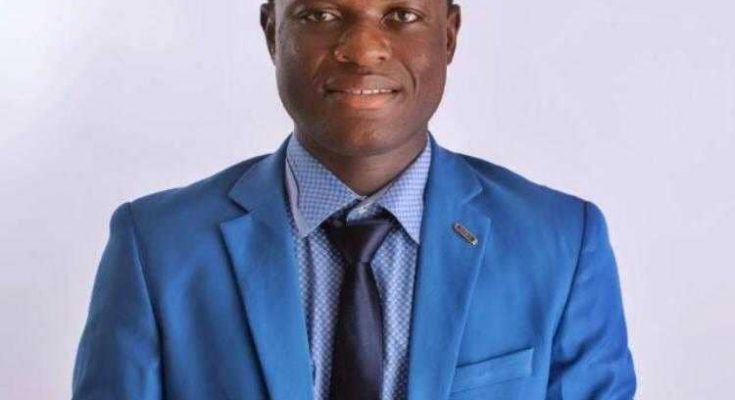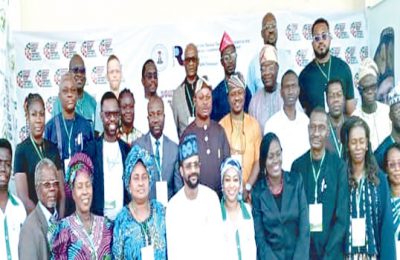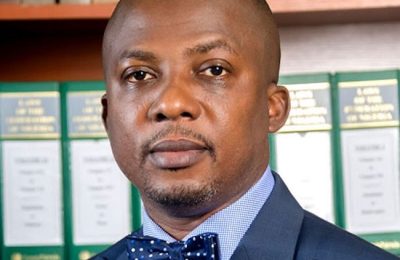
A National Ex-Officio member of the National Association of University Students (NAUS), Moses Alalade, has called on the Federal Government to ensure that Nigerian students are equipped with the skills needed to excel in green careers.
According to him, green jobs have a direct positive impact on the environment and are increasingly vital as efforts are made to address the challenges of climate change and environmental degradation.

In a statement released to newsmen on Thursday in Abuja, Alalade noted that green jobs are critical not only for sustainable development but also as a pathway to meaningful employment opportunities for young Nigerians.
He said: “As we prepare the next generation of professionals, it’s essential that we offer the skills needed to contribute effectively to a sustainable energy sector.
“Green energy is pivotal to achieving Sustainable Development Goal 7 (SDG 7), providing renewable solutions that help reduce greenhouse gas emissions and mitigate climate risks.
“As countries and organizations prioritize clean energy, there is a growing demand for skilled professionals to design, install, and maintain renewable energy systems.
“These roles are at the forefront of the shift toward a low-carbon economy and are integral to creating a sustainable future,” Alalade stated.
ALSO READ:Tinubu attributes uninterrupted democracy to media freedom
Highlighting the importance of collaboration and partnership, Alalade further stressed the need for stakeholders to work together in advancing these goals, commending government agencies and international organizations that are contributing to sustainable energy efforts.
“We appreciate key government agencies and organizations, such as Student Energy, for their commitment to training young Nigerians and supporting sustainable energy solutions,” he stated.
Alalade welcomed further collaborations, emphasizing that strategic partnerships are essential for scaling these initiatives and broadening access to green skills training.
He particularly appealed to government bodies, industry stakeholders, and educational institutions to support programs that empower young professionals in the sustainable energy sector.
“We call on the government and industry stakeholders to support programs designed to illuminate the path for young professionals interested in the fast-growing field of sustainable energy,” Alalade said.
Prior to his leadership at NAUS, Alalade actively led sustainability initiatives as Chapter President of Student Energy.
Student Energy, a Canada-based non-profit, is dedicated to building capacity in clean energy for young leaders across campuses worldwide.
Under Alalade’s leadership, the chapter launched the Switch and Spark Initiatives, which offer students exposure to clean energy concepts and hands-on experience with sustainable solutions.







